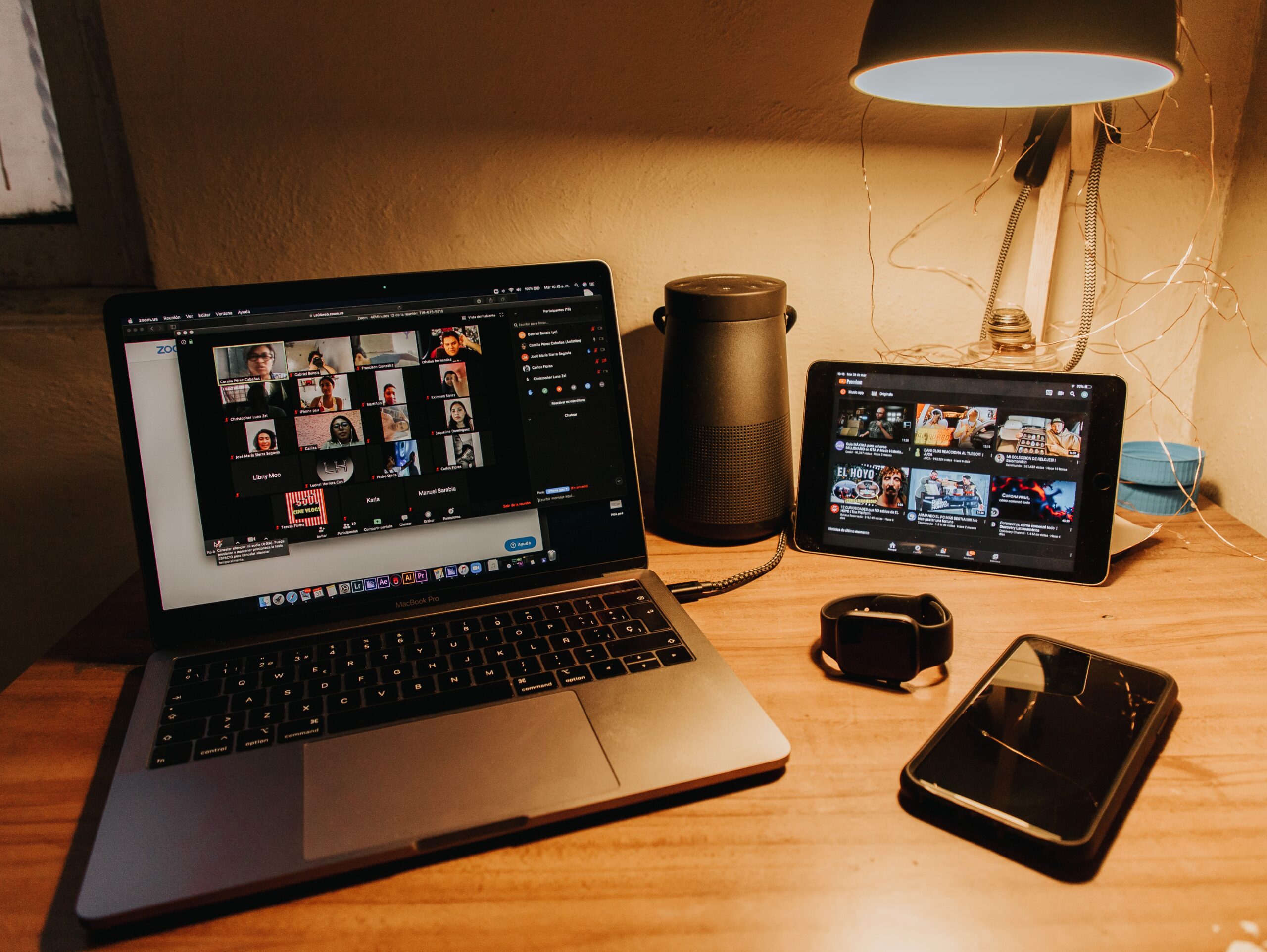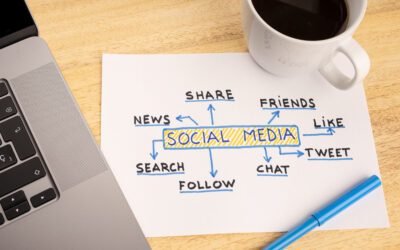We are not medical experts ourselves. However, it doesn’t seem like the COVID-19 will soon come to an end. So, it’s time to introduce some effective marketing strategies for events during the crisis.
It would be best if you read these carefully, as implementing them can help you gain a competitive advantage in the market. Let’s get right into it!
Covid-19 “Inspired” Marketing Strategies For Events
Since the start of the pandemic, physical events have become a thing of the past. Now, marketers understand the importance of hybrid events and related marketing strategies for events more than ever.
While event organizers and marketing teams have been looking for ways to adjust to the “new normal” and digital alternatives to live experiences, the virtual sphere has become over-saturated with content. In other words, it has become incredibly challenging to diversify your marketing campaign from competitors on the Internet.
So, here are several ways to make the most out of your following event’s marketing plan.
Keep Your Eyes On The Prize
Usually, people use this saying to describe someone who focuses on what they are trying to achieve, even when things become challenging. But what can this saying teach you regarding marketing strategies for events?
With the introduction of hybrid events, marketers have overcome the issue of limited capacity. Instead of booking halls or other spaces with a pre-determined number of guests, now, companies can invite as many visitors as they want. That’s the advantage of the Internet.
However, even with this capacity, you shouldn’t forget about your target audience. Why is that so? A successful event marketing campaign always starts and ends with the customer. As a business, you need to aim to satisfy your ideal customer’s needs and wants. Even if you fill an entire room, your marketing campaign can fail if you brought the “wrong” people.
See, event marketing serves as the starting point for further conversions or developing customer loyalty. So, your ‘prize’ in this sense should be your ‘target audience.’
Quality And Quantity Go Hand-In-Hand
As mentioned, consumers are starting to have virtual fatigue because everything today, including marketing strategies for events, is in a technological format. So, you cannot spam your potential attendees with too much content that doesn’t add any value to them. Instead, it would be best to craft each piece of content carefully so that it grasps the attention of your visitors.
High-value promotional content means quality music, graphics, and sponsor integration. Only such standards will allow you to set the tone and stand out.
Say you want to post Instagram stories. You will achieve a much more significant effect if you feature one of the guest speakers instead of a marketer from your in-house team. For instance, the guest speaker can announce some facts regarding the event, making the story more valuable to attendees. Consequently, they will be more likely to share it with friends and acquaintances, further expanding your reach.
Meet The Lowered Attention Span
You might believe that hybrid or online events can work in the same way as physical ones, but you’re far from the truth. See, virtual guests have a lower attention span. So, it would be best to avoid standard eight-hour, long event agendas. Instead, the better alternative is a short and engaging one.
If you have attended a lecture or an event from your phone, laptop, or PC, you get where we are coming from. No one likes staring at the screen for hours, listening to the same information, over and over again.
In this sense, it would be best to limit your guest speakers’ time to 15 minutes instead of an hour. Furthermore, you can include short questionaries or quizzes for the attendees. Images, videos, and graphs are also more attention-grabbing than text. At last, for the optimal result, you should inform attendees of the expected time commitment and what they will get out of the event upfront.
Data Is The Secret Ingredient To Success
Finally, marketing strategies for events should always be oriented towards long-term performance and success, not short-term earnings. Here, we can mention the importance of data-driven analytics.
Event marketing sure is a creative process. Still, it doesn’t mean you should ignore the number altogether, as these analytics can give you the best direction.
There’s no one-size-fits-all in event marketing. Let’s start from there. It means that what works for other companies and even your closest competitors might as well not work for your business. So, a portion of developing an effective event marketing campaign comes down to experiments and taking risks.
During this process, it’s essential to keep track of every change. Say you are testing the effectiveness of a new communication channel, such as Twitter. How much did this cost you? And how much did you earn from it?
A cost-benefit analysis in event marketing should cover both financial and non-financial factors. For instance, using Twitter or any other social media platform might not have instantly led to conversions. However, many potential attendees might have clicked on or read the post, becoming aware of your company and brand. In turn, they might choose to attend in the future or purchase from you, even without additional marketing efforts from your side.
Maintaining a database can help you determine what works for your brand. So, you can further invest in such actions in the future. Better yet, it can point out some red flags or show you what marketing efforts you need to avoid altogether.
Have Marketing Strategies For Events Changed In 2021?
They sure have. Today, it’s essential you remain as flexible as possible, especially when it comes to marketing strategies for events. The first-mover is always the one to grasp the marketing advantage in 2021. So, make sure to act fast, reach your target audience, and satisfy their needs and wants.
Several good ways to do so include developing short and engaging agendas for your target audience, meeting their lowered attention span, and using data analytics for long-term success.







